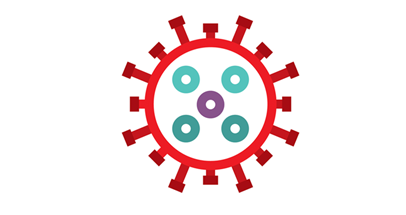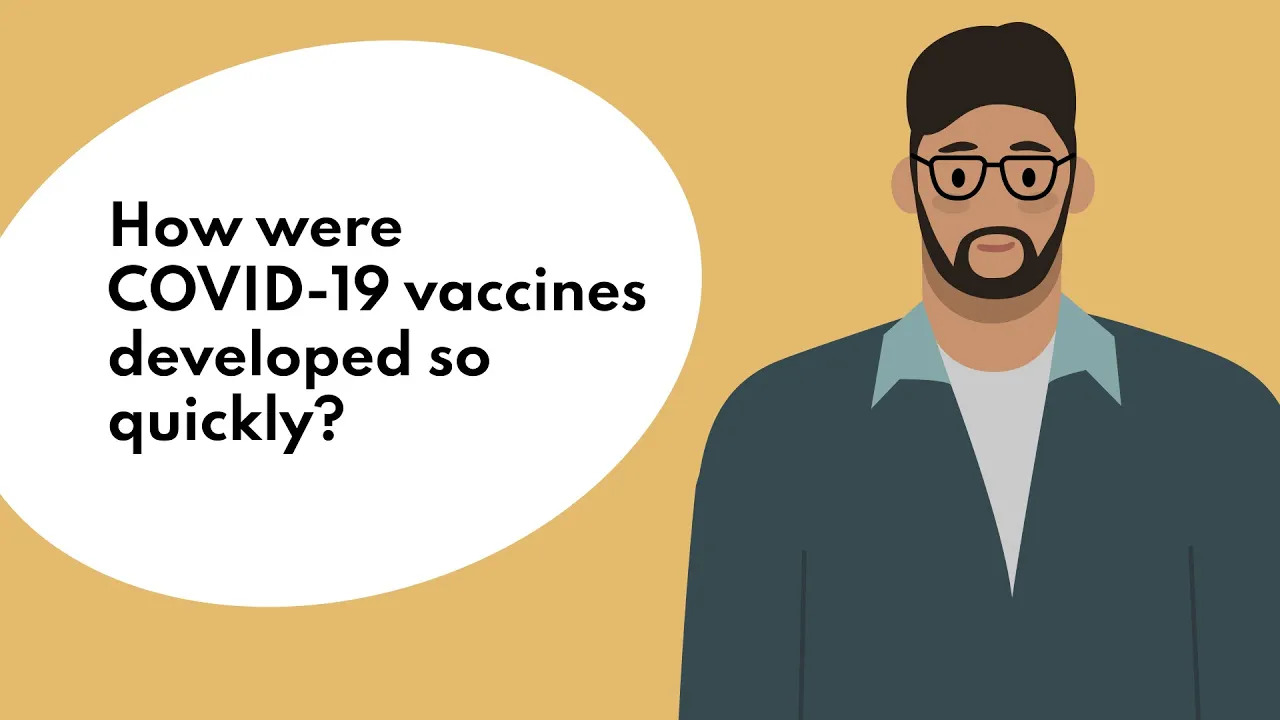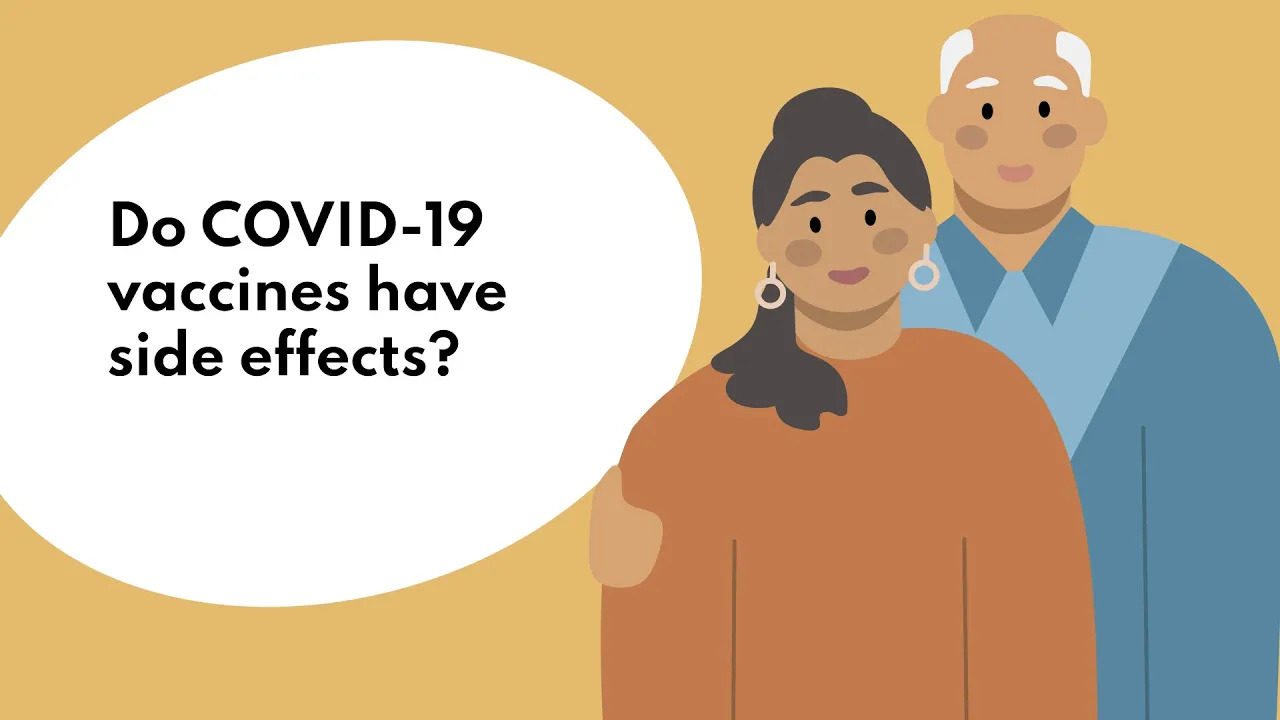COVID-19 Vaccines
We thank all employees who have helped us become a fully vaccinated workplace. Employees should closely monitor guidance from their region and public health authority to stay informed on the latest developments related to vaccines. Vaccination recommendations continue to evolve, and additional doses or boosters may be required to ensure continued immunity against COVID-19. Our team is actively monitoring the changing landscape and is committed to providing employees with updates and information, however; local/regional/provincial public health offices are the best sources of information.
COVID-19 Vaccination Requirements for Employees
Jump-to
Boosters/Additional Dose (November 2021)
The National Advisory Committee on Immunization (NACI), recommends that certain populations receive a third dose/booster of a Health Canada approved COVID-19 vaccine.
Recommendations on the use of COVID-19 vaccines - Canada.ca
Regional breakdown
- Closely monitor guidance and eligibility criteria through your local public health authority. Links to trusted resources in your province can be found in the chart below, which include guidance on additional doses and boosters.
- Take advantage of opportunities to receive additional doses or boosters of Health Canada approved vaccines.
| Region | Trusted website to access up-to-date information |
|---|---|
| British Columbia |
Vaccine registration and eligibility (bccdc.ca) |
| Alberta |
COVID-19 Immunization Booking | Alberta Health Services COVID-19 Immunization Booking | Alberta Health Services |
| Saskatchewan | Vaccine Delivery Phases | COVID-19 Vaccine | Government of Saskatchewan |
| Manitoba | |
| Ontario |
|
|
Quebec *** Operational frontline employees who reside in Quebec but work in Ontario |
Ottawa public health – vaccines. |
| New Brunswick | https://www2.gnb.ca/content/gnb/en/corporate/promo/covid-19/vaccine.html |
| Nova Scotia | https://novascotia.ca/coronavirus/vaccine/ |
| Newfoundland and Labrador |
COVID-19 Immunization Plan for Newfoundland and Labrador - COVID-19 Vaccine (gov.nl.ca) |
| Prince Edward Island |
Getting the COVID-19 Vaccine | Government of Prince Edward Island |
Vaccines in Canada
Widespread immunization presents the best option to protect people from COVID-19 and, overtime, to lift the restrictions in place to keep people safe and healthy. To date, four vaccines have been authorized for use by Health Canada.
- Learn about the Pfizer-BioNTech Comirnaty® vaccine
- Learn about the Moderna Spikevax® vaccine
- Learn about the AstraZeneca Vaxzevria® vaccine
- Learn about the Janssen (Johnson & Johnson) vaccine
General FAQs
Do I need a booster or a third dose?
Access to and timing of additional doses, beyond your first and second dose of the COVID-19 vaccine is the responsibility of local and regional public health authorities. It is dependent on your personal situation and public health recommendations. We encourage staff to monitor updates in your area and seek the opportunity to get additional doses of the vaccine when available and appropriate as determined by local public health authorities.
Canadian Blood Services COVID-19 Vaccine Policy defines fully vaccinated as the complete vaccine dosage as approved by Health Canada and having received the final dose of the vaccine at least 14 days ago.
Additional required doses or booster guidance will vary. Local/regional/provincial public health offices are the best sources of information.
When can employees who are having side effects (ex: fever) after receiving the vaccine return to work/pass the wellness checkpoint?
The COVID-19 vaccination may result in side effects which affect our employees’ ability to work. If you think you are experiencing an adverse reaction from receiving the COVID-19 vaccine, please speak with your manager/supervisor for further guidance.
If you develop symptoms associated with COVID-19, such as a fever, you should remain away from work, inform your manager, seek testing with your local public health authority and follow local public health guidance.
Please reach out to OHS/EHS to coordinate when it is safe for you to return to work. Once you are eligible to return, they will provide you with further guidance about passing the wellness checkpoint at your site.
Will I be able to take time off work to get the COVID-19 vaccine?
We recognize that there may be cases where employees are only able to schedule their vaccination appointment during their regular working hours.
To support our teams, employees will be paid for their regular scheduled time if they need to be away from work to attend a vaccination appointment. Please notify your manager/supervisor as far in advance as possible, so operational needs can be coordinated.
Is it safe to receive blood or blood products from a donor who has had the COVID-19 vaccine?
Our ultimate priority is the health of the patient. As part of our mandate to provide a safe, accessible blood supply to Canadians, medical and scientific professionals at Canadian Blood Services carefully review and assess each vaccine authorized for use in Canada. Health Canada has not recommended or imposed any restriction on the use of the four approved COVID-19 vaccines and blood donation. All new vaccines are assessed by the medical professionals at Canadian Blood Services and Héma-Québec, in conjunction with recommendations by Health Canada, and informed by scientific evidence.
Health Canada has indicated that no blood donor deferral is required for any of the currently approved COVID-19 vaccines. This is consistent with Canadian Blood Services’ donor eligibility criteria for other non-live vaccines, for which no donor deferral is required, and is in line with the practice of other blood operators.
Blood collected from donors who have received any of the current Health Canada-approved COVID-19 vaccines has not been associated with any adverse transfusion reaction that has been attributable to vaccination of the donor.
Is there a deferral period for donors after they received the COVID-19 vaccine?
The Donor Selection Criteria Manual (DSCM) working group has conducted a review of the approved vaccines for COVID-19 as well as those under development and have determined these will not impact donation eligibility. Meaning that no deferral will be required at this time.
The DSCM working group is also monitoring how other countries are managing donor deferrals, such as the EU and US (FDA).
Will donating blood reduce the effectiveness of the COVID-19 vaccine?
No — there is no suggestion or evidence in the research available that donating blood will reduce the effectiveness of the COVID-19 vaccine.
To understand this a little better, it is important to know why blood donation won’t impact the efficacy of the COVID-19 vaccine and how vaccines develop immunity on our bodies in the first place.
Even though our blood can provide lifesaving products and services to patients in need, donating does not remove the vaccine from the body. It also won’t deplete the body of important immune fighting cells and antibodies that are formed in response to the vaccine.
Vaccines help develop immunity by imitating an infection. This type of infection doesn’t cause major illness, but it does cause the immune system to produce special white blood cells and antibodies that will remember how to fight that disease in the future. These immune responses are stored throughout the body, in the blood and certain organs like the spleen.
A very small number of white blood cells might be in the blood that is taken during blood donation, but that amount would not be enough to affect the bodies “memory” or antibodies responsible for fighting the disease.
To put it in perspective, average adults have about five to six liters of blood in their bodies, and whole blood donation requires only about 500 ml. The human body is constantly producing more blood, including the white blood cells required for our immunity against all infections.
What if a someone requiring a transfusion wants to receive blood from a donor who hasn’t been vaccinated?
In Canada, there is no regulatory requirement or blood quality or safety standard that requires that the vaccination status of the blood donor be indicated on the label of a blood product. This is because the blood of donors who have received non-live vaccines does not pose a risk to patients who receive a blood transfusion. The labeling information for donated blood is limited to information that is relevant to the appropriate selection and safe use of the product, including the blood group, and other information as required by Health Canada or recommended by relevant blood safety standards.
Blood donated by individuals who have received a COVID-19 vaccine is not associated with a risk for COVID-19 infection and the SARS-CoV-2 virus is not transmissible by blood. Further, there are no known or suspected harmful effects of blood from a vaccinated individual to a recipient. Finally, all blood donations must meet all safety criteria and donors must be well and healthy on the day of donation without exception.
If a patient requires a blood transfusion, the patient or their legal guardian should discuss their concerns with their healthcare provider. Every patient has the option to accept or decline transfusion, following the hospital’s informed consent policy, processes, and procedures.
With most Canadians being fully vaccinated, what do we know about booster requirements?
The National Advisory Committee on Immunization (NACI), recommends that certain populations receive a third dose/booster of a Health Canada approved vaccine. As we know, local/regional/provincial public health are responsible for implementing vaccine guidance and making additional required doses (boosters) of vaccines available.
Additional required doses or booster guidance will vary. Local/regional/provincial public health offices are the best sources of information.
How susceptible are children under the age of 12 of catching COVID-19 as they can’t be vaccinated yet? Are they safe to be around groups of people who are fully vaccinated?
SARCoV-2 infections have been reported in all age groups, including infants, children, and adolescents. However, the knowledge around children’s susceptibility to COVID-19 infection is evolving and their susceptibility to infection and transmissibility related to adults is still unknown and may even be changing as new variants evolve. This means that we don’t really know if children have the same risk of catching COVID-19 as adults do, although the rate of infection is thought to be likely similar. We also don’t know if children are as likely to spread COVID-19 as adults are, although some evidence suggests they are less likely to transmit infection. What is known is that most children who have COVID-19 experience only mild disease or remain asymptomatic.
Because many children with COVID-19 may not have symptoms, this means that we can’t rely on symptoms to test and isolate infected children. Any individual who is not fully vaccinated should keep taking steps to protect themselves and others, like wearing a well-fitted mask and staying physically distanced from others in public settings and screening for symptoms.
Anyone who is able to be vaccinated should be, to protect those who are unable to be vaccinated or those who are unable to mount an appropriate immune response to a vaccine. This includes children less than 12 years of age as well as some immune compromised individuals.
Currently, none of the COVID-19 vaccines are licensed for use in children less than 12 years of age.
The Pfizer vaccine (Comirnaty) has been shown to lead to a strong immune response in children aged 5-11 based on a clinical trial of more than 2,200 participants. Pfizer has submitted clinical trial data to Health Canada at the beginning of October for the use of its vaccine in children aged 5-11. Studies in children as young as 6 months are ongoing.
In the US, based on the same clinical trial data, On October 29, the FDA authorized Pfizer’s COVID vaccine for children aged 5-11. The vaccine is given as a smaller dose (1/3 of the amount given to teens and adults).
We know that fully vaccinated people can still get and transmit COVID-19, even if their cases are mild. Does this mean we need to continue to behave as if anyone could have COVID-19 at any time?
Vaccination is very important as all COVID-19 vaccines are effective in preventing serious disease and hospitalizations. However, no vaccine is 100 per cent effective and the efficacy of vaccines against emerging variants is uncertain. At this time, evidence is emerging that even fully vaccinated individuals may still be infected and transmit COVID-19, although it is thought that this occurs far less frequently than with unvaccinated individuals. However, a fully vaccinated workplace, along with our current COVID measures, will help provide extra protection for everyone. It will also reduce the amount of time employees stay home sick or have to stay home to look after an ill family member, which will help reduce disruptions for staff and our operations.


